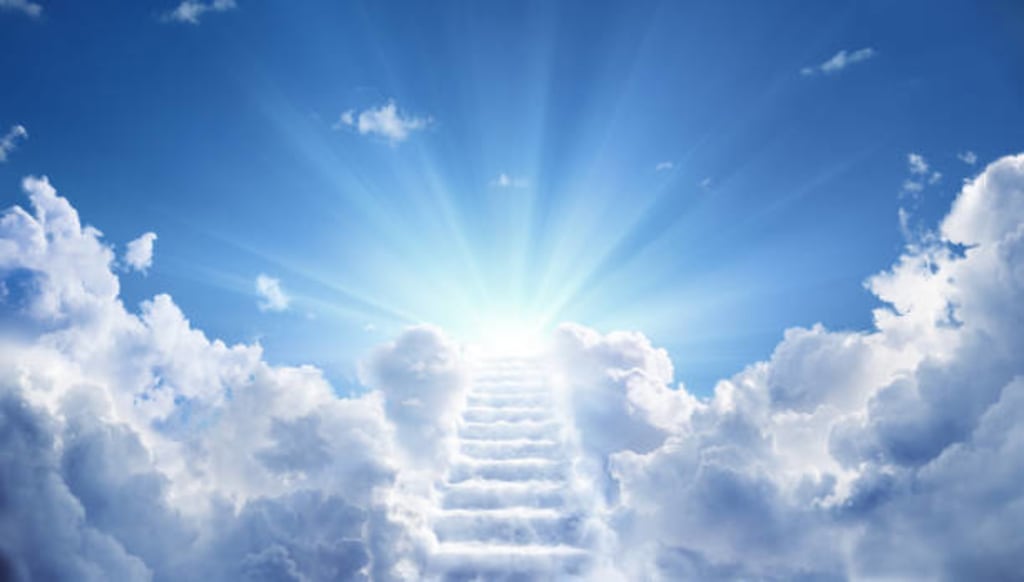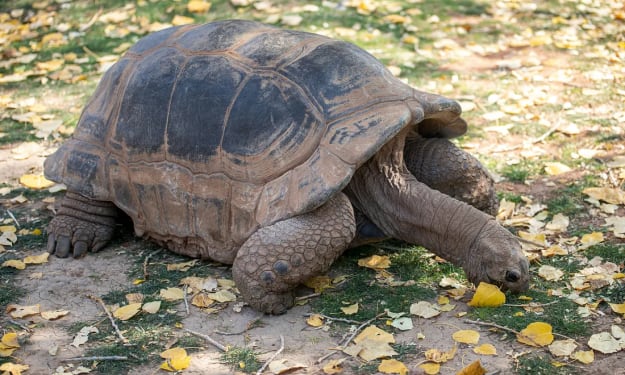What happens when you die?
Contemplations on the Afterlife: Exploring Thoughts and Doubts Surrounding Death

The enigma of death, an inevitable facet of the human experience, has spurred contemplation and speculation for millennia. As we grapple with the concept of our mortality, a plethora of thoughts and uncertainties arise concerning what might unfold when we depart from the realm of the living. This article delves into the multifaceted aspects of these reflections, addressing religious, philosophical, and existential perspectives on what may transpire after death.
Religious Reflections on the Afterlife
One of the most pervasive avenues of thought on life after death is rooted in religious beliefs. Different faiths provide diverse perspectives, offering solace and guidance to believers. Christianity, for instance, articulates visions of heaven and hell, emphasizing the importance of one's earthly actions in determining their eternal fate. Conversely, Eastern philosophies such as Buddhism and Hinduism propose cycles of reincarnation, suggesting that death is a transitional phase in an eternal journey of the soul.
Religious reflections not only offer answers but also create a framework for moral conduct, shaping individuals' lives based on the anticipation of a divine judgment beyond death.
The Intrigue of the Unknown
Death, by its nature, remains an ultimate unknown, prompting a cascade of thoughts and doubts that traverse the realms of fear and curiosity. The prospect of facing an existence beyond our current comprehension gives rise to contemplations on the mysterious nature of the afterlife. Some envision an ethereal dimension, while others entertain the possibility of cosmic reunions or encounters with the ineffable.
This intrigue surrounding the unknown is a driving force behind artistic expressions, philosophical inquiries, and the human imagination's boundless exploration of the mystical territories beyond death.
Philosophical Musings on the Nature of Death
Philosophers, perennial seekers of truth, have grappled with the profound questions surrounding death. Existentialist thinkers like Jean-Paul Sartre and Albert Camus ponder the implications of mortality, emphasizing the importance of creating meaning within the confines of our finite existence. For some, death represents the ultimate absurdity, a concept that challenges the very fabric of human purpose.
Conversely, metaphysical philosophers explore the possibility of consciousness persisting beyond the corporeal demise, introducing notions of an eternal soul or a collective cosmic consciousness.
Scientific Inquiries into the Post-Mortem Experience
In the realm of science, the exploration of the afterlife takes a different trajectory. While empirical evidence remains elusive, studies on near-death experiences, consciousness, and the nature of the mind contribute to a scientific understanding of what may occur when we die. Neuroscientific theories posit that consciousness is intricately linked to brain function, suggesting that the end of brain activity corresponds to the cessation of consciousness.
Parapsychological investigations into phenomena such as near-death experiences, however, introduce complexities that challenge conventional scientific paradigms and invite further exploration into the nature of consciousness.
Cultural Variances in Thoughts on the Afterlife
Cultural perspectives also play a pivotal role in shaping thoughts and doubts surrounding death. Indigenous belief systems often incorporate animistic notions, perceiving a continuation of spiritual presence in nature or ancestral realms. Modern cultural expressions, from literature to cinema, frequently grapple with the themes of mortality and the unknown, reflecting society's collective musings on the afterlife.
Conclusion
In the tapestry of human thought, death emerges as an intricate thread weaving through the fabric of existence. Religious, philosophical, and scientific reflections, often interwoven with cultural nuances, collectively contribute to the diverse array of thoughts and doubts surrounding what happens when we die.
While religious beliefs offer solace and moral guidance, philosophical musings encourage introspection and the creation of personal meaning. Scientific inquiries, though grounded in empirical evidence, grapple with the intricacies of consciousness and the mysteries that lie beyond the threshold of death.
Ultimately, the enigma of the afterlife persists, inviting humanity to engage in an ongoing dialogue that transcends individual beliefs and cultural variances. In the face of uncertainty, the contemplation of what happens when we die serves not only as a testament to our shared humanity but also as a catalyst for a profound exploration of the mysteries that define our existence.
.
About the Creator
Enjoyed the story? Support the Creator.
Subscribe for free to receive all their stories in your feed. You could also pledge your support or give them a one-off tip, letting them know you appreciate their work.





Comments
There are no comments for this story
Be the first to respond and start the conversation.